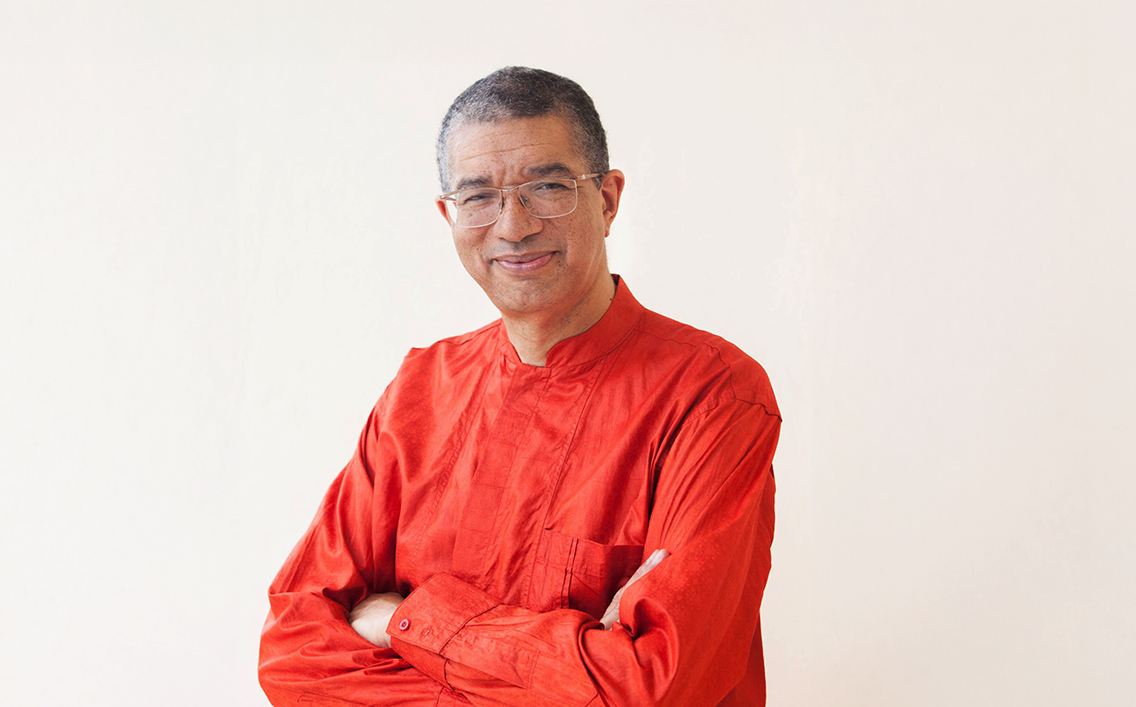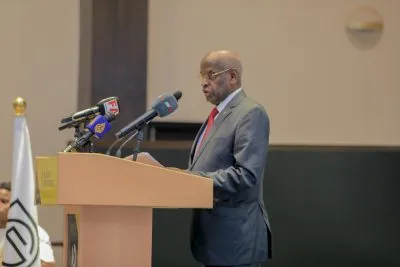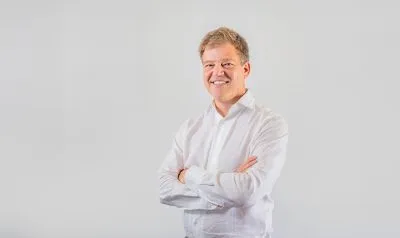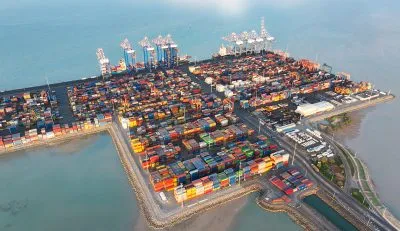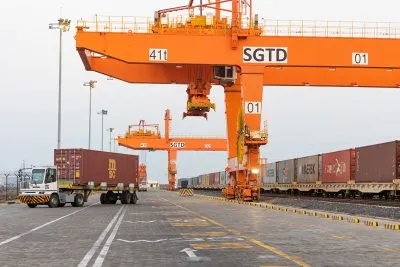For a small country without abundant mineral resources, the idea of a sovereign wealth fund for Djibouti might have seemed as bordering on the absurd but Lionel Zinsou, founder and managing partner of Southbridge, a pan African advisory consultancy, profoundly disagrees. To prove his point, he was involved in structuring Djibouti’s Sovereign Wealth Fund (Fonds Souverain de Djibouti, FSD).
In a continent where patient capital is hard to come by, sovereign wealth funds can be an important instrument for long term, sustainable financing, he argues. While sovereign wealth funds are typically based on natural resources, their absence is not necessarily an inhibiting factor. Singapore, for one, is a classic example.
“Even if a country does not have natural resource-based revenues, such as oil or gas, that does not mean it cannot have a sovereign wealth fund. We are not Saudi Arabia with oil wealth, and we are not Botswana with diamonds. But we have identified resources and potential savings capacity. At that point, we need to use that capital to strengthen public or private companies,” he argues.
In the case of Djibouti, Zinsou says, its strategic location, stability and consistent revenues were among the assets on which the FSD would come to be based. “It is the most stable country within a 2,000 to 3,000 km radius; Djibouti is one of the most liquid financial centres in Africa; it has a strong banking system, which acts as a financial haven for the region; the Djiboutian currency is stable, pegged to the US dollar, backed by a sovereign guarantee; and there is a steady income source from military bases, which ensures security and financial stability,” he points out.
Regular allocations to the fund would thus enable the country to make the capital investments it needs.
Zinsou says he was also encouraged by the clarity of vision that the authorities in Djibouti have. “Djibouti also has a clear Vision 2035 strategy, making it an ideal candidate for a sovereign wealth fund,” he notes. The advice from Southbridge was thus to transfer some state assets to a newly created fund, ensuring that they are managed for optimum results. “This is a model that is used in European countries that lack natural resources but have public enterprises generating stable dividends,” he explains.
Designing the framework, regulators and governance mechanisms took a year, he says. “Now, the idea is to entrust this fund with some public assets while ensuring that it operates with the highest levels of professionalism.”
Zinsou is also convinced that, if managed properly, public enterprises in Africa can actually turn profits and boost the wider economies. While that has often not been the case, he believes that positive examples from Benin and Senegal, among a few others, offer hope and a model.
“They have successfully transformed critical sectors like electricity and telecommunications into profitable enterprises. If managed properly, sovereign wealth funds can provide patient capital for infrastructure and industrialisation; support strategic investments in key sectors like telecoms, energy, and logistics; and help countries attract private investment by providing financial stability,” he says.
With the state’s backing, sovereign wealth funds can attract private investors into sectors or particular projects when they move first. The idea is that a partner with a stable source of funding supplies confidence in an otherwise risky venture.
In the case of the FSD, Zinsou points out that “the state has already committed to providing the fund with public assets. For example, the fund will oversee the management of telecom and electricity companies. It will also receive funding from the social security fund, which has surplus savings. In Djibouti, companies like telecoms, electricity, and the port account for over half of GDP. These companies are well-managed and profitable, making them ideal contributors to a sovereign wealth fund”.
Just as interesting, Zinsou says, is the fact that the Djibouti economy is itself in the midst of an evolution. “The landscape is evolving. Its industrial zones are expanding. There are renewable energy projects – solar, green hydrogen – which require capital investment. Public-private partnerships can help finance these projects. A sovereign wealth fund can play a catalytic role in attracting private capital, much like it does in other economies.”
PPPs have a role to play
Public-private partnerships (PPPs) have not enjoyed much popularity in Africa but Zinsou says they should not be dismissed out of hand. “PPPs work best in sectors that generate high, predictable cash flows. Telecoms is a great example – many telecom investments in Africa are public-private partnerships. Energy projects, such as solar and biomass power plants, are increasingly using innovative financing models in Côte d’Ivoire and elsewhere.”
Discussing perceptions of risk, one of the cardinal factors often exaggerated but nevertheless inhibiting investors, Zinsou points out that risk differs from sector to sector. “Certain sectors are more resilient to political instability – for example political risk would not necessarily reduce phone calls or data usage and the demand for electricity from households and businesses would remain.”
In the end, he says, “PPP success depends on trust: trust in the signing parties, especially governments, to honour agreements over time. But even in stable economies, this trust is never absolute. The perception of risk in Africa may be exaggerated, but contract stability remains a challenge worldwide.”
While prime minister of Benin he worked to create an enabling environment for PPPs with legislative guarantees and a strong judiciary to ensure speedy resolution of disputes. As a result of that, and further improvements by his successors, “we have seen significant growth due to private investments.”
“What struck me in government in Benin was that there are always savings somewhere,” recalls Zinsou.
Green shoots of success
For Zinsou, these success stories from around the continent are a fitting rebuttal of the prevailing narrative and proof that the continent has what it takes to reform their clunky bureaucracies to make them more business friendly. “Some countries have proven it’s possible to move faster. Rwanda is known for efficient execution across all development sectors. Ivory Coast has seen a remarkable economic transformation since 2011, maintaining a high and stable growth rate. Even Benin is now recognised as a country that has accelerated reforms and project execution.”
African countries, Zinsou argues, must adopt reform as a necessary instrument of progress. “The systems inherited at independence were not designed for long-term economic growth. Even in the most efficient countries, reforms are still needed to accelerate development.”
All over the continent, however, Zinsou sees green shoots of progress.
He cites Egypt which “doubled the Suez Canal in less than two years, proving that large-scale infrastructure projects can be executed quickly. Cairo is undergoing massive urban transformation.”
Zinsou says these developments are among many that the international community might be missing because they are focused on the parts that don’t work, ignoring the many that do.
“We need to differentiate between slow-moving sectors and fast-growing ones. There are sectors where projects get stuck in bureaucracy, fragmented between multiple countries, making it harder to achieve economies of scale.
“However, there are also areas where capital is flowing rapidly, innovation is happening at full speed and infrastructure projects are transforming cities within months.
“But this progress is not reflected in the dominant international narrative about Africa. The reality is that Africa is undergoing a major transformation, even if many global investors and analysts fail to notice it,” he concludes. And Djibouti, he says, is one of those countries. Ignore it at your peril, he says.
Want to continue reading? Subscribe today.
You've read all your free articles for this month! Subscribe now to enjoy full access to our content.
Digital Monthly
£8.00 / month
Receive full unlimited access to our articles, opinions, podcasts and more.
Digital Yearly
£70.00 / year
Our best value offer - save £26 and gain access to all of our digital content for an entire year!

 Sign in with Google
Sign in with Google 